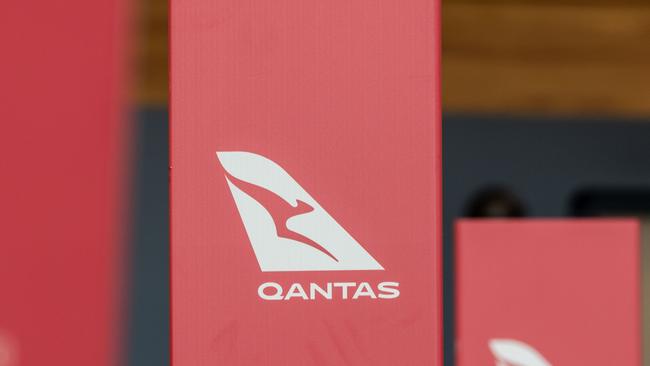Forget politics: brands should focus on ‘doing good’, study finds
A new report has found that most consumers want corporate Australia to stay away from backing social and political causes. Instead, brands should focus on getting the basics of business right, such as paying employees and suppliers fairly.

Australians want brands to “do good” for society but avoid politics, a new study has found.
The Good Study 2024 report comes from Publicis Groupe-owned advertising agency Leo Burnett, which partnered with University of Technology Sydney Business School and media agency Zenith.
It found that the majority (96 per cent) of Australians still expect brands to make a positive contribution to society, up from 88 per cent in 2022.
However, only 29 per cent of people think brands should take a position on social causes and political issues.
It comes amid a rise in “brand activism” in recent years, which has seen companies use their brand to advocate for hotly contested societal issues.
However, the potency of this rising trend could soon begin to wane, as the study revealed 61 per cent of Australians want corporate Australia to instead focus on doing good within their business.
Whether or not brands are seen as doing good for society has the potential to influence pricing and consumer behaviour, the study found. This is especially true among Millennials, Gen Z and Gen X, the majority of whom are most likely to recommend a brand doing good to others. Gen Z are also more likely to pay more for a brand doing good (84 per cent), followed by Millennials (78 per cent) and Gen X (63 per cent).
It also suggests the meaning of “doing good” in the eyes of the majority of Australian consumers is shifting to focus on how companies look after their workers and behave as corporate citizens.
The research shows 94 per cent of Australians want brands to pay employees and suppliers fairly, 92 per cent want businesses to provide stable and fair employment and 91 per cent want brands to pay the appropriate taxes in Australia.

Leo Burnett Australia’s chief strategy officer, Catherine King, said the findings of the study indicate businesses should change how they define “doing good”.
“It depends on whether you’re a mass brand or a niche brand, in terms of what behaviours or what kind of acts will really appeal and help your brand grow,” she said.
“But it’s also about purpose. It can be a lofty thing, but it can be about how your product is made or how you go about doing business. It doesn’t just need to be the cause-related stuff.”
UTS Business School dean, Carl Rhodes, said the research points to declining consumer trust in businesses.
“The other problem we have is, to what extent are Australian businesses actually living up to this? To what extent are they paying people fairly in an age of precarisation of work? To what extent are they doing business authentically and with integrity?” he said.
“And much of the stuff we’ve seen over the last few years, whether it be with Qantas or PwC, or Rio Tinto suggests that trust in business is low.
“The study also suggests that people have high expectations from business, but very low trust. That’s not just about marketing and advertising, but about the core of corporate culture in this country [that] needs to change.”
Professor Rhodes said companies should focus on getting the basics right, such as fair pay, before tackling bigger issues.
“Don’t paint the outside of your house if the foundations are crumbling,” he said.







